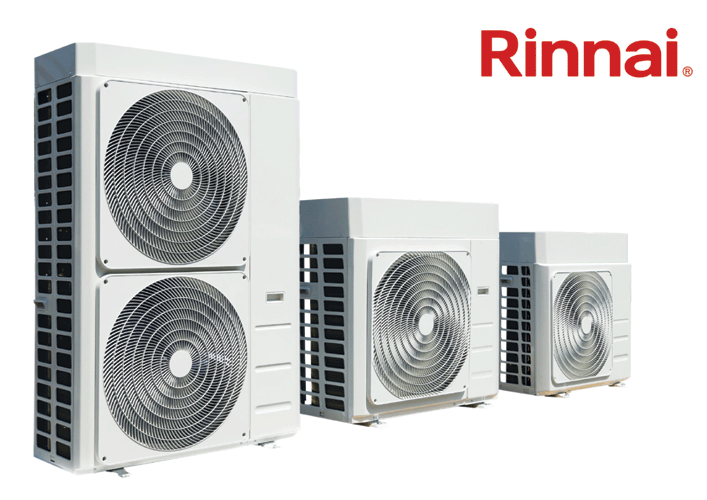Rinnai’s regular focus groups based in London have called for greater clarity from UK policymakers in terms of both appliances and chosen fuels for domestic and commercial installations of heating and hot water systems.
The Rinnai London group have questioned the lack of details to make future decarbonisation plans a reality and look to remove all obstacles of NetZero ambitions. The Rinnai focus group also discussed potential barriers towards wider UK electrification and hydrogen distribution. A unifying theme held by system designers and installer contractors is a lack of communication by the UK government towards these vital players in the industry as they are the main conduit to the end-consumer in both residential and commercial applications and sites.
Darren Woodward chaired the Rinnai London focus group and he commented, “This meeting was a representational selection of well-placed proferssional, either working for large companies and organisations, operating constantly in this sector of the overall HVAC industry.
“The group focused on the negative influences delaying wider UK electrification, such as a lack of qualified installer personnel, material shortages and property compatibility. The topic of hydrogen revealed a national reluctance towards a manual transitioning of appliances, as well as concerns regarding safety and extra costs.
“A number of installers and system designers in the Rinnai London focus group felt that the UK government could improve direct communications towards heating engineers regarding future energy direction – and not appear to make and rescind policy decisions through favoured media channels and platforms. The group expressed concerns that more unbiased and information which concentrates on providing the best heating and hot water advice towards UK customers should be a priority for the UK government.
Rinani’s London group discussion echoed identical concerns held by heating and hot water installers across the UK. Issues regarding the plausibility of definitive NetZero targets and timelines were expressed, as was a feeling of inevitability of future UK hydrogen deployment regardless of the current failure to produce a demonstration hydrogen village pilot project.
The most cogent observation when speaking to heating and hot water installers across the UK is the frustration towards the UK government in not providing better detailed information that future proofs heating and hot water delivery systems. UK customers could benefit from enhanced communications between policy makers, and installers that results in the correct system being deployed in the appropriate property.
Rinnai understands the complexity of UK decarbonisation efforts and is working to readily assist the process for policy makers, system designers and customers alike. This is why Rinnai provide a comprehensive list of CPD’s on their website www.rinnai-uk.co.uk and host regular discussions with industry professionals to provide a concise impression of the current energy industry landscape.
To book on a free CPD visit www.rinnai-uk.co.uk/training/cibse-cpd-training-enrolment pertinent course including commercial heat pump design, low temperature DHW powered by Hydrogen and the Importance of SPF in heat pump design.

